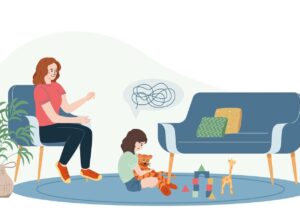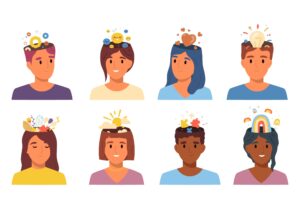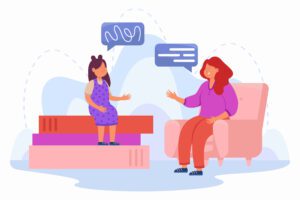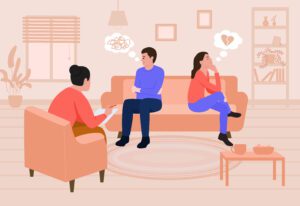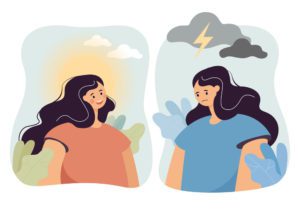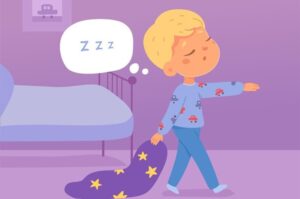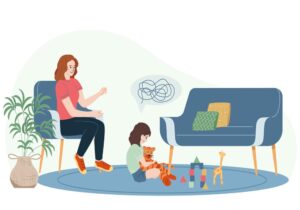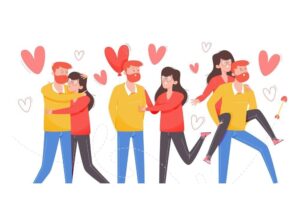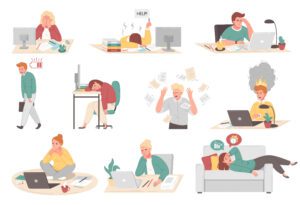Health Effects of Untreated Depression
This article has been researched and written by Nayla Daou. AI has not been used in producing this article.
It’s very common to feel sadness at one point or another in our life. Depending on your specific circumstances, you may even feel like your life does not have meaning or like you are a failure in some aspects of life. When these feelings become continuous or incapacitating, you or your loved one may be suffering from depression. When left unmanaged, depression can impact your physical health, mental health, and emotional well-being.
In this article, we are going to take a look at the common characteristics of depression, and how they impact your physical, emotional, and mental well-being.
What is depression?
According to the World Health Organization (WHO), depression impacts more than 264 million people globally. Unlike common temporary changes in mood, when left untreated, depression can cause physical and other mental health problems. Common types of depression include Major Depressive Disorder, Persistent Depressive Disorder, Recurrent Depressive Disorder, Seasonal Depression, and Bipolar Affective Disorder.
Although common, depression is a serious medical condition that negatively impacts the way you think, feel, and how you act. Depression can cause feelings of sadness or a loss of interest in doing things that once brought you joy. Additionally, untreated depression increases the chance of risky behavior, such as alcohol or drug addiction, and it can negatively impact your relationships.
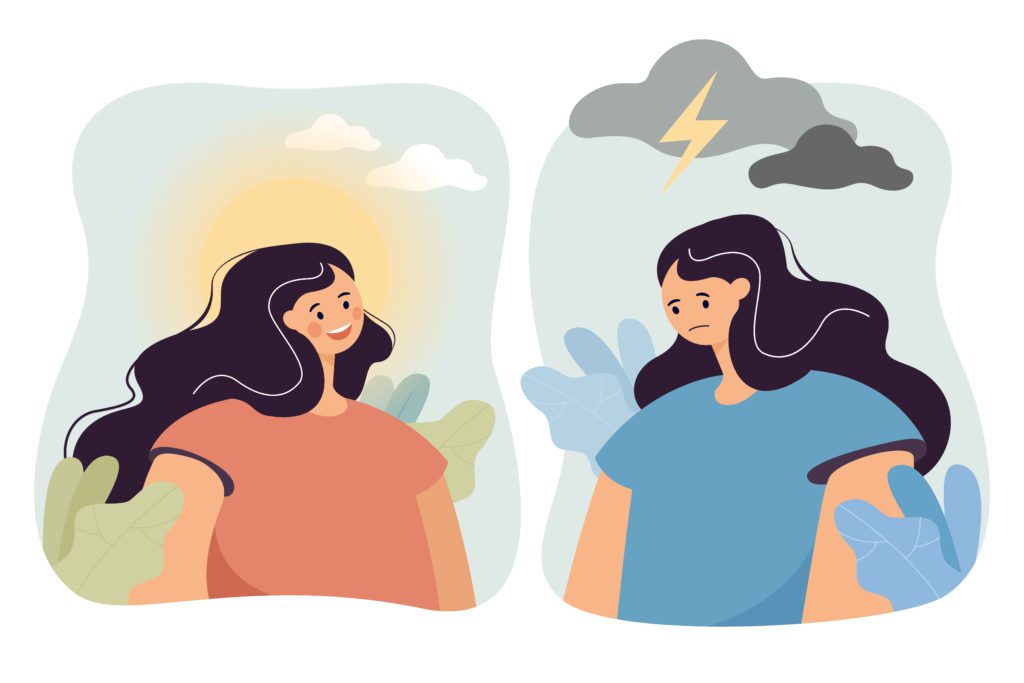
How does untreated depression affect physical health?
Untreated depression can become debilitating, negatively impacting your physical health. While the physical symptoms of depression typically manifest over time, they may develop with little to no warning. In fact, many people with depression do not associate their physical ailments with their depression.
Physical characteristics of untreated depression include:
- Chronic pain
- Cramps
- Headaches and migraines
- Gastrointestinal issues (such as nausea, vomiting, or diarrhea)
- Difficulty falling or staying asleep
- Changes in weight or appetite
- Decrease sex drive or dyspareunia (pain during sexual intercourse)
- Increased chance of autoimmune disorders
Depression can also increase your risk of developing other physical conditions, such as coronary disease or a stroke. For example, a 2014 literature review suggested a link between depression and a greater chance of developing myocardial infarction and coronary heart disease.
Psychosocial effects of depression
When left untreated, the impact of stress on the brain can impact your emotional well-being. Over time, this can impact your personal and professional activities and relationships. Individuals who live with unmanaged depression often notice a decline in productivity, attention span, and memory performance. Depression can also lead to isolation, as forming social connections may leave the individual feeling overwhelmed and drained.
Other psychosocial characteristics of untreated depression include:
- Overwhelming feelings of sadness, anger, or irritability
- Feeling helpless, hopeless, worthless or feelings of guilt
- Lack of interest in things that once brought joy
- Trouble concentrating
- Constant thoughts of suicide or death
- Withdrawing from family and friends
- Persistent sadness or anxiety that’s not associated with a specific event
- Difficulty planning or deciding
- Persistent negative thoughts
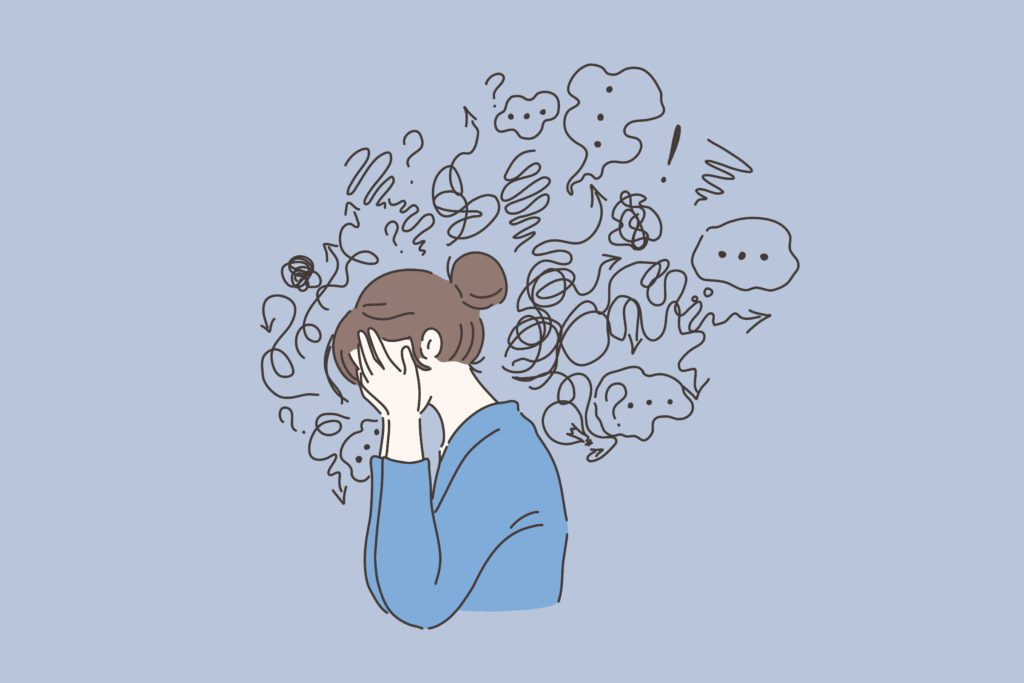
Can the effects of depression be treated?
With intervention, depression is completely treatable, and full recovery is possible. The key is to treat your depression as early as possible. For those individuals who have experienced untreated depression for longer periods of time, some side effects may not be reversed. For example, chronic inflammation associated with untreated depression may cause irreversible physical change. However, this is not always the case. For most people, the symptoms and effects of depression can be treated and reversed.
If you suspect you or a loved one have depression you should consult with your health care provider or seek the help of a mental health professional. In particular, a therapist can help reduce the effects of your depression on your body and mind. Intervention can also help manage current symptoms of depression and prevent them from recurring. Depression can be treated with therapy, medication, or a combination of both.
While treating depression is advisable in every case, it becomes a priority if you:
- Think about hurting yourself or someone else
- Have suicidal thoughts or fantasies
- Lack the energy and motivation to complete daily tasks (such as showering, taking care of your children, going to work, etc.)
- Experience chronic or worsening symptoms
Explore your depression treatment options with ClearMinds
At ClearMinds, we believe that, with the right tools and support, we all have the ability to live happy and fulfilling lives. However, we also recognize daily living can feel stressful, disappointing, challenging, and overwhelming. If you or someone you know is struggling with depression, we can help. Our qualified therapists work with individuals looking to find a life free of depression. We create a safe and welcoming environment where our clients can freely express themselves without feeling judged or criticized. You do not have to face your depression alone.
Reach out to schedule your consultation today.
How to Talk to Your Child About Body Safety – Without Creating Fear
Body safety talks don’t have to be and shouldn’t be scary. When these conversations are calm …
ADHD in Girls vs. Boys: Why Symptoms Often Look Different
When people think of ADHD, they often picture a young boy bouncing off the walls, constantly moving, talking out of turn, or …
How Psychoeducational Assessments Help Shape Better Learning Plans in School
No two children are the same. Every child brings a unique mix of strengths, challenges, and ways of …
Can Relationship Counseling Work for Toxic Relationships?
Relationships can be complicated, emotional, and at times, painful. While every couple experiences ups and downs, some relationships …
10 Signs You May Have Anxiety
Anxiety is a normal and natural human response to stress, danger, or uncertainty. However, when anxiety becomes excessive, it can …
Child Sleepwalking and Talking: What You Need to Know
Childhood is a time of rapid development, filled with new experiences—and sometimes, surprising nighttime behaviors.
Questions a Child Psychologist Might Ask
When preparing for your child’s first appointment with a psychologist, it’s natural to feel curious—or even a little anxious—about what …
55 Love Questions for Couples to Deepen Your Relationship
In any relationship, communication is key. Whether you’re just starting out or have been together for years, asking meaningful
Stress vs. Anxiety vs. Burnout: How to Recognize the Difference
In today’s fast-paced world, understanding the differences between stress, anxiety, and burnout is crucial for …
Relocation Depression: Definition and Ways to Cope
Relocation depression, also known as moving depression, is a form of situational depression that arises from the stress …

